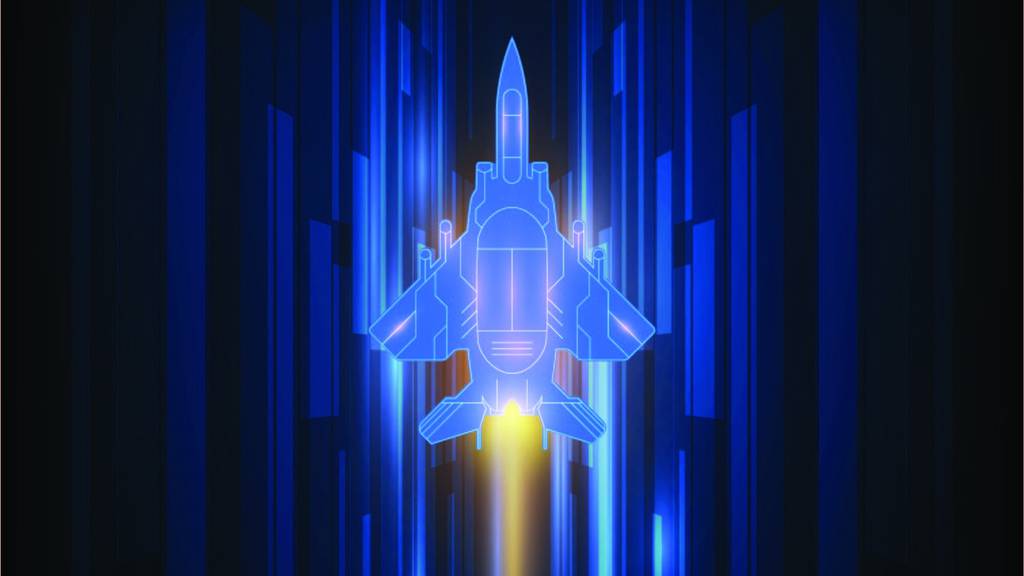
WASHINGTON — The U.S. Air Force plans to take its most significant step yet in creating a futuristic fighter aircraft when it awards a contract in 2024 for the Next Generation Air Dominance platform.
The service sent a classified solicitation to industry for NGAD’s engineering and manufacturing development contract in May, officially kicking off the process to select the company that will build its next advanced fighter system.
NGAD will be a sixth-generation aircraft that would replace the F-22 Raptor, and the service wants to have it in production by the end of the decade.
The Air Force wants NGAD to be a so-called “family of systems” that has a crewed aircraft component and other elements, including drone wingmen — also known as collaborative combat aircraft — increased sensor capabilities, and advanced abilities to connect with satellites, other aircraft and more.
The Air Force said in May that NGAD will use open-architecture standards to take advantage of competition throughout its life cycle while cutting down on maintenance and sustainment costs. But the Air Force has been mum on many of the highly classified program’s other technical details, citing security reasons.
With Northrop Grumman’s decision in 2023 to bow out of the competition for the NGAD contract, the future will likely hold a head-to-head match between Lockheed Martin and Boeing.
Northrop announced in July it does not plan to bid on the Air Force’s version of NGAD as a prime contractor. However, Northrop CEO Kathy Warden said in that month’s earnings call that the company may still bid on the Navy’s separate version of NGAD, dubbed F/A-XX.
The Air Force also plans in 2024 to dramatically increase spending on the propulsion system that will one day power NGAD. This system, dubbed Next Generation Adaptive Propulsion, or NGAP, will incorporate multiple design elements from Pentagon-funded research into an adaptive engine that at one point was considered for the F-35 jet.
Those elements could include the use of composite materials that can withstand high temperatures for turbines and other components, as well as an adaptive element that would allow the engine to rapidly shift to the configuration providing the best thrust and efficiency for any given situation.
The Air Force requested $595 million for NGAP in its fiscal 2024 budget, a $375 million increase over the previous year’s funding.
Stephen Losey is the air warfare reporter for Defense News. He previously covered leadership and personnel issues at Air Force Times, and the Pentagon, special operations and air warfare at Military.com. He has traveled to the Middle East to cover U.S. Air Force operations.

